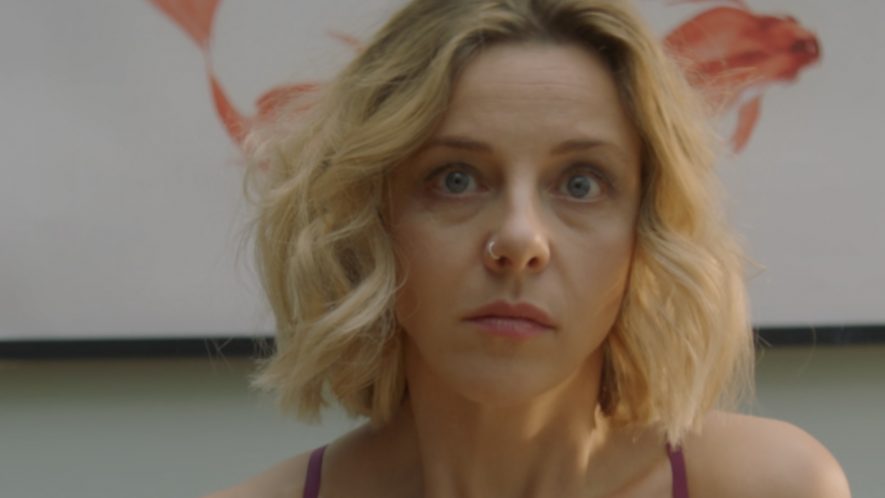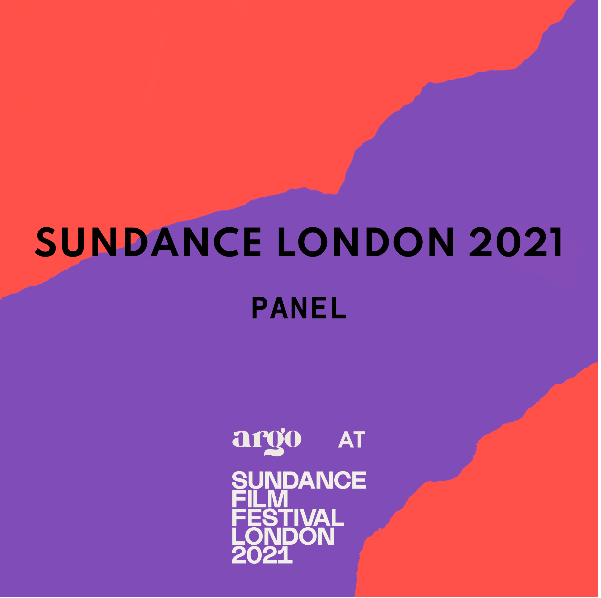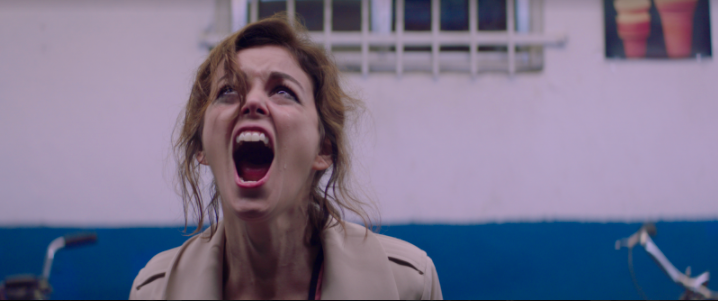Jérémy Comte’s short film ‘Fauve’ received an Academy Award nomination for Best Live Action Short Film, and has been selected at 187 festivals. In this interview, Jeremy talks about the benefits of shooting Documentaries vs. Fiction, his inspiration behind ‘Fauve‘, the filmmakers that influenced him, and his opinion on film school.
You have directed both fiction and documentaries. Is there one that you prefer?
Filmmakers that I admire started with documentaries, it’s easier to get into and it’s more intuitive, it also requires less financing. You learn so much by making documentaries. Fiction is more work pre-production, in terms of sitting down and writing prior to filming. Seeing the character come into existence during filming creates a really special feeling — it’s like a drug. You always want to get it back, there is a huge payoff with fiction. There are so many things you can explore with fiction and I love collaborating with people and going deep into the script.
Many filmmakers that are starting out tend to focus on either the story or cinematography. You managed to incorporate both, into a short, which is incredible to watch. Is there a style that you want to pursue further?
It’s difficult to answer this because you do not choose your voice or style. It naturally comes from all of your experiences and I think that defines people and their art; how they deal with that struggle and incorporate that into their art. Fauve comes from growing up in the countryside, and my house being far away from my friends’ houses. I was isolated in the summertime when I wasn’t going to school, my friends and I would take super long walks in the woods and we would pull pranks on each other. It [Fauve] comes from that kind of energy. It’s so personal to me. From those experiences, what really defined me, are stories that are psychological. That there is a strong tension around them. I grew up in nature so I’m also really interested in exploring how it relates to humans. I grew up vegetarian and I always think about the control we, as humans, think we have over nature. We are forgetting where we are coming from. I have also travelled a lot and am very fascinated by different cultures and humans and what affects our decision-making and how society perceives right from wrong, what it is that defines a crime. All those questions come together in Fauve and it’s the first time I expressed it in fiction.
Is there a particular filmmaker that had a direct influence on you/your style?
Paul Thomas Anderson. All of his films are so masterfully done, it’s all homogenous, everything is mastered. The story in ‘There Will Be Blood’ is so strong but then also the camera work is so powerful and the sound is incredible. Everything is complete and that is what I am searching for when I am watching films– the entire experience of it. Also, Spike Jonze but more career wise. I also grew up shooting skateboard videos, and I shoot music videos. He [Jonze] does not focus on one particular thing, he goes out and does so many things and I really admire him for that. Denis Villeneuve, he is from Quebec, as he slowly progressed towards big budget American films, he still kept his voice and was true to himself.
How did you decide on your cinematographer?
Oliver [Gossot] is a genius. Every film he touches becomes magic. I feel very privileged to work with him. I met him when I was a PA on a student film and he was the cinematographer. Afterward, we kept seeing each other, and then we started doing commercials together. Ollie is so good because he really thinks about the story, a lot of cinematographers think visually whereas Olivier thinks about where to place the camera to tell the better story. We explored the locations together. With Fauve, everything looks the same, so we really had to pick the best angles.
Do you think it is hard to cast child actors, and to create that chemistry between the two friends?
We started to cast in Montreal but the kids we saw were too proper, city boys. I wanted raw, rough around the edges kids. My casting director reached out to schools around the area we were shooting. We saw 70 kids in total. Both Felix and Alex immediately stood out. At first, I thought Alex would play Tyler because I thought Benjamin would be more introverted and shy but then we found the same thing with Felix as with Alex. Watching Alex laugh and joke on set, I knew I had to be more open to change my perception to what I thought would be the character. It was the best decision because when we put them together, they naturally got along. My biggest concern was the last scene with Tyler but Felix had such an emotional intelligence. He really took the last scene seriously and I think he did really well. Trusting actors and their process is really important.
Although, people’s reception is unpredictable, when you were editing it, did you think I made something really special?
It was one of the first times that when I was shooting a personal project, I felt relaxed when I was shooting. I was really enjoying the process. At the wrap party, I felt there is something special there. I did not know what was going to happen, everything was unpredictable. Yet, this film was really personal and I already put so much [effort] into it, I felt that I had to push it to be the best it could be. I cannot compromise much artistically, and I will fight for the important things I want to keep inside. I really wanted to find ways to make Fauve work. We almost did not send it to Sundance with the rough cut. There was a discussion with the crew to wait and see if it should be more polished when it was color graded and the sound design was finished but then we would have to wait another year for the next deadline. However, we decided that the potential of the story is there and then we were so lucky to get into Sundance and because of it was the success of the avalanche after that. It’s about doing your best and trying– sometimes it works and sometimes it does not.
How has film school added value to you as a filmmaker?
It depends where you are in the world. The US is really expensive for film school but for me, it was cheap so it was worth it. The most important thing is making films. My school provided me with film cameras to shoot. I was also a lot more naive about what art is, and film school made me appreciate art and films a lot more which also made me a better filmmaker. I gained a network of friends and collaborators which was awesome.
What are you currently up to and what are your future filmmaking plans?
I just finished writing the script for my first feature film. I am not sure what will happen due to COVID-19 since it is a film that takes place in both Ghana and Quebec. I have been co-writing with a filmmaker from Ghana. I have been in it for four years so I am very ready and excited to shoot it. I am just going to keep developing scripts too, I really want to do a bunch of fiction features back to back.
Watch ‘Fauve’ on Argo now.
For any questions please reach out to:
Email: [email protected]
Instagram: @watch.argo
Twitter: @watch_argo











